People who have decided to fast for Christmas this year need to be very careful regarding certain food products, which are prohibited during the 40-day fast.
Plenty of experts have stated that sticking to the Nativity Fast has an undisputed healthy effect on the body, as long as we can procure the substances found in the foods that we must not consume during the fast.
There are about 3 weeks left until the end of the Nativity Fast and scientific studies have shown that adhering to this food diet has beneficial effects on blood pressure, making fasting suitable for people with high cholesterol.
One of the main risks that eating the same types of food poses is the lack of precious proteins, a deficit of iron, calcium and group B vitamins.
The first sign that fasting is not having a positive effect on your body is the lack of body tone. The absence of meat in a diet leads to this.
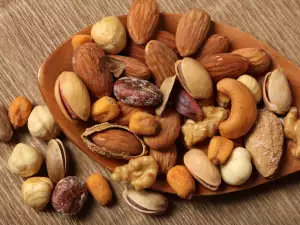
To avoid this negative result, eat more fruits, vegetables, beans, soya and bread than you normally would.
The human body best absorbs the zinc from meat products. But there are plenty of zinc enriched foods available which make perfect substitutes for meat - nuts, beans, soya and tofu.
Crucial omega-3 fatty acids can be obtained from soy products.
Not eating enough products that contain calcium, iron, protein, zinc, vitamins D and B12 can also have quite a detrimental effect on the body.
Definitely be sure to consume dried fruits, broccoli, whole grain foods during the Nativity Fast.
The animal products that we mustn't eat during the 40-day feast are rich in vitamin B12 and therefore, the absence of these products in our diet leads to the lack of vitamins.
However, experts say that there are enough vitamin B12 reserves in every person's liver to last them about 5-6 years, even if limiting the consumption of animal products.


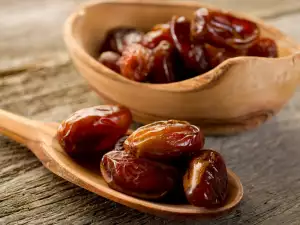




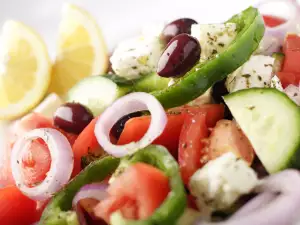


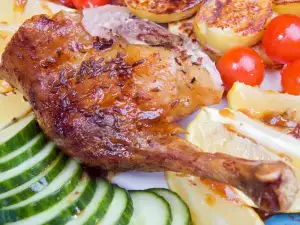


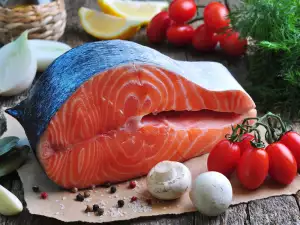
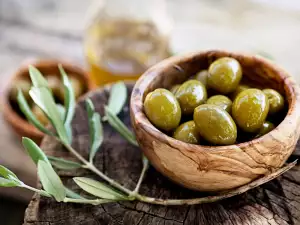





Comments